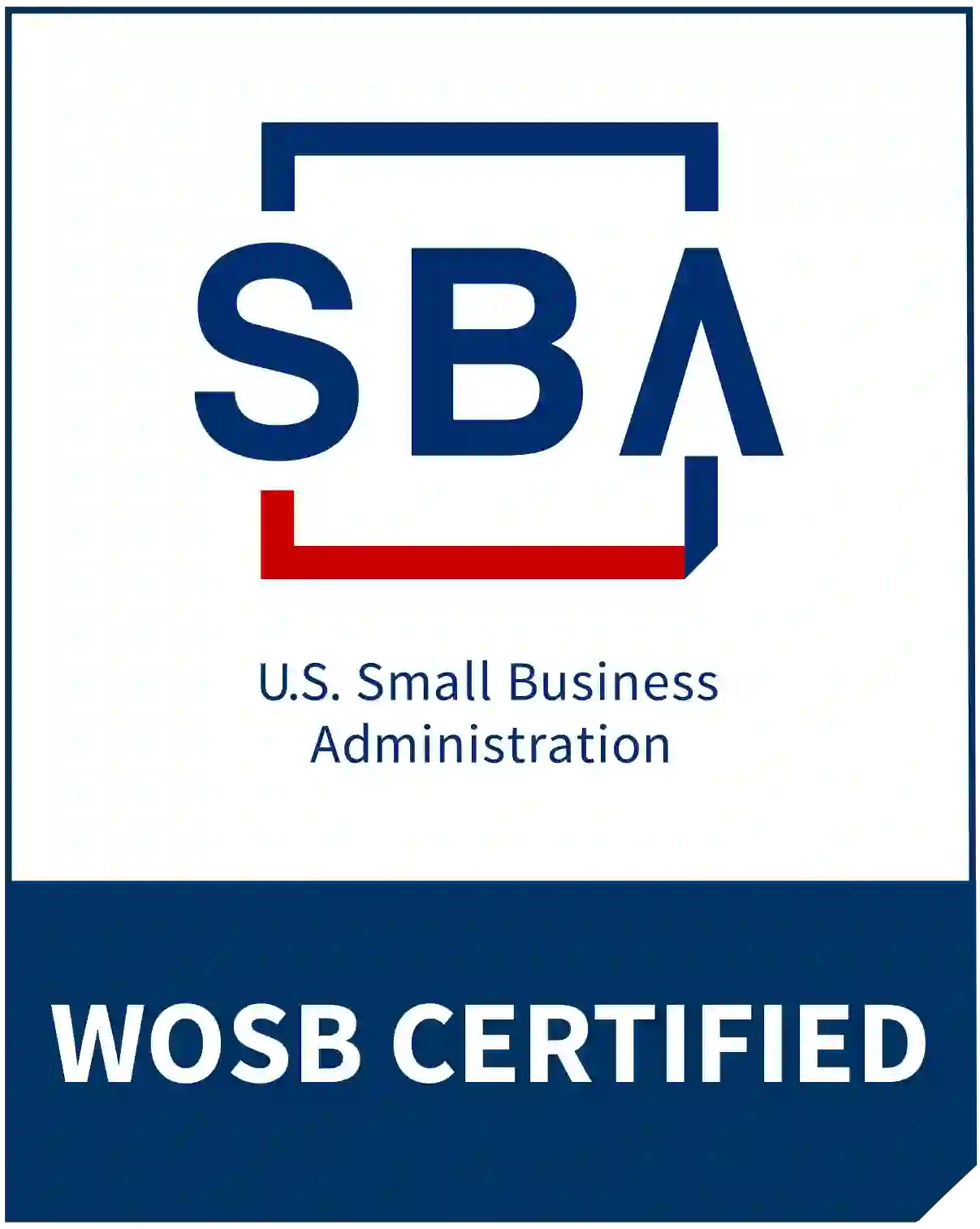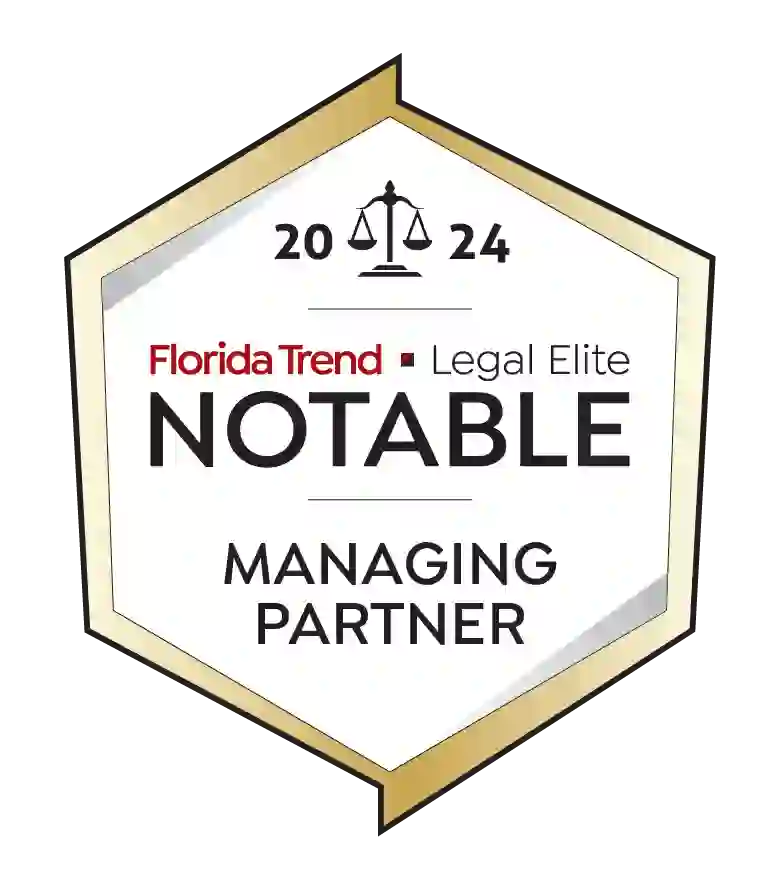Family law disputes like divorce, child custody, or paternity can get nasty. They involve the participants’ most private feelings and trigger strong responses, with emotional wounds that might last forever.
Collaborative law is an alternative to litigation and negotiation that is becoming more prevalent. It offers a way for parties to resolve their disputes outside of court with the help of specially trained family law professionals.
Collaborative law is not right for everyone. Even still, everyone who wants to preserve their family relationships while efficiently resolving their dispute should at least learn about and consider it. Talk to a Fort Lauderdale collaborative family lawyer to find out whether the process could help you.
Understanding the Collaborative Law Process
Resolving a dispute through collaborative law requires each party to commit to a non-adversarial approach. If one party needs to win or wants to fight, the process is not appropriate. Speak candidly with a collaborative family attorney in Fort Lauderdale if there is a history of abuse in the relationship or an unbalanced power dynamic. Collaborative law techniques might not be a good choice in such cases.
When both parties want to resolve the disagreement without going to court and can treat each other respectfully, collaborative law could be effective. Each party hires a trained, professional attorney to provide legal guidance and protect their interests.
A collaborative law facilitator often oversees the negotiations between the parties, and depending on the nature of the dispute, neutral experts could provide information and advice to both parties. Financial experts, real estate appraisers, doctors, child development specialists, and others might offer useful information to help them reach an agreement.
The Participation Agreement
According to Florida Statute § 61.57, parties who wish to resolve a dispute using collaborative methods must develop a participation agreement. Each party and their attorney must sign the agreement, which is a legally binding contract.
The contract must identify the issues the parties hope to resolve and state that the parties and their counsel agree not to litigate the issues in dispute. If one party later decides to take the issue to court, their lawyer must resign and the party must find someone else to represent them. The agreement also describes ground rules for the collaboration.
All the participants in the process, including experts and advisors the parties hire to work with them, must sign the participation agreement. All the people they work with during the collaborative process must agree not to represent one of the parties or disclose information if the process terminates without an agreement.
Using the Collaborative Law Method
Collaborative divorce is increasing in popularity. The couple must work with a collaborative law team to resolve the outstanding issues in dissolving their marriage. When the parties reach an agreement, the attorneys review it and submit it to the court for approval. The Judge can issue the divorce decree incorporating the agreements without need for the couple to go to court.
It is also possible to begin a litigated divorce and then decide to use collaborative methods. The attorneys for both parties could file a joint request to halt Fort Lauderdale divorce proceedings to allow the couple to resolve their remaining issues through the collaborative process.
The collaborative law approach is most often used in divorces, but it is useful and cost-effective for other family disputes, especially those involving children. For example, unmarried parents might use collaborative methods to resolve child custody or paternity issues.
Contact a Fort Lauderdale Attorney About Collaborative Divorce Today
When you are considering divorce or have another family law issue you want to resolve efficiently, collaborative law approaches could help you accomplish your goal. Schedule a free case evaluation with a Fort Lauderdale collaborative family lawyer today. The Florida Probate & Family Law Firm wants to help you get through this chapter in your life in the easiest way possible.





























